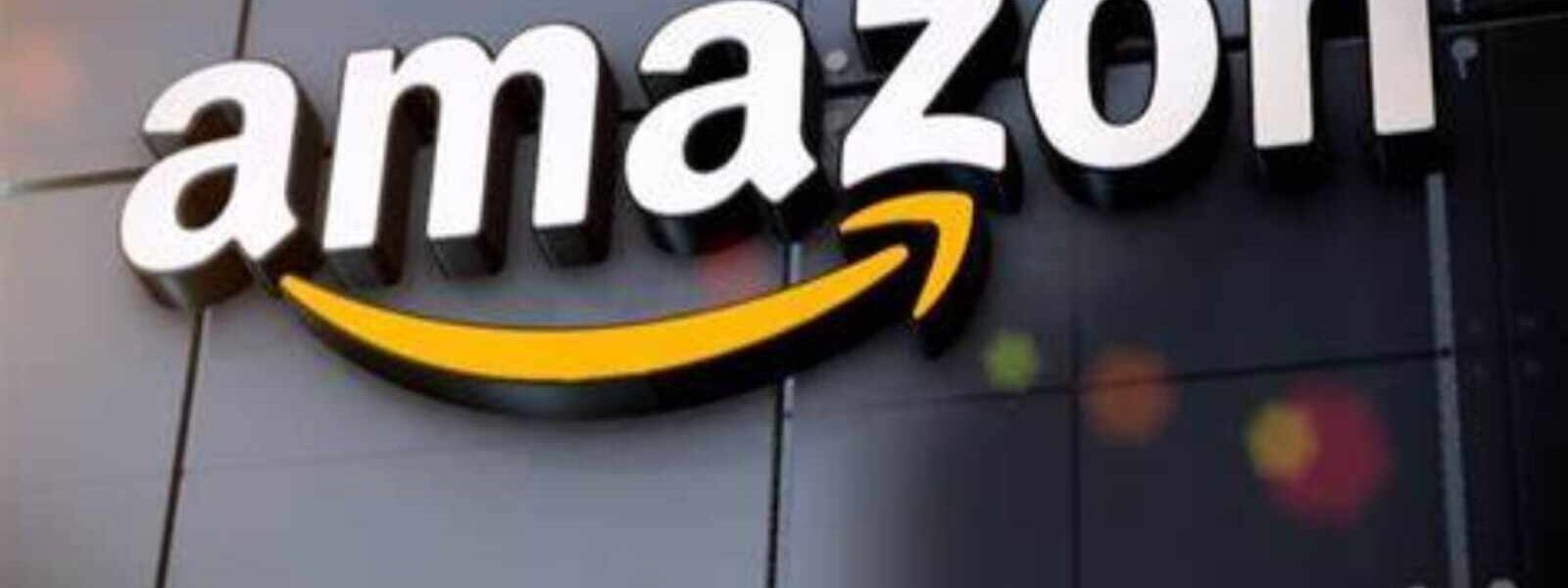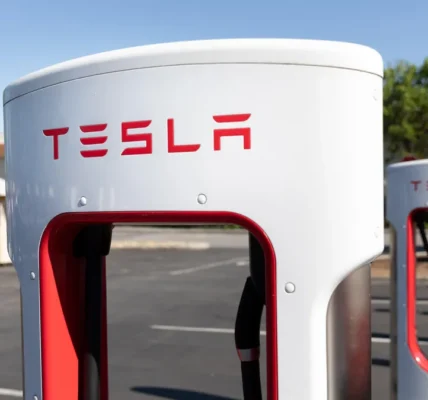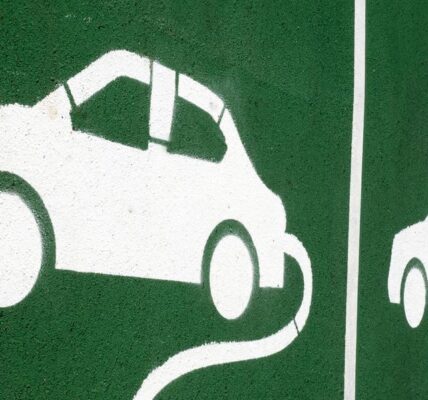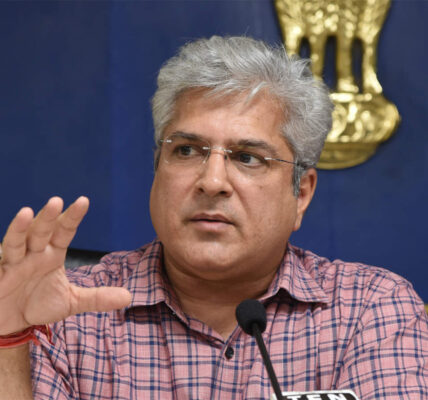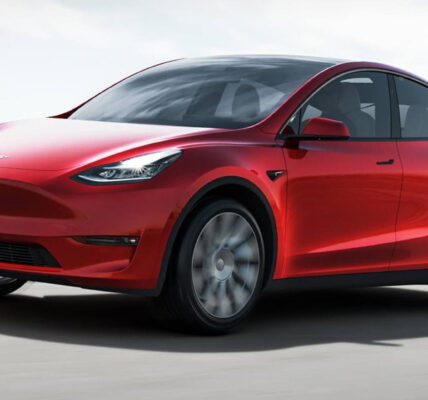Amazon said that it has more than 6,000 EVs (electric vehicles) in its India delivery fleet, making deliveries in more than 400 cities. The company is committed to deploying 10,000 EVs in India by 2025. Working with delivery service partners, Amazon continues to decarbonise its transportation network by transforming its fleet and operations, seeking new electrification solutions, and exploring alternative delivery methods.
“Transforming a transportation network at this scale and pace requires innovative strategies,” said Abhinav Singh, VP of customer fulfilment, Amazon Transportation Services, Global Specialty Fulfilment, and Supply Chain at Amazon India. “We’re proud of the progress we’ve made towards deploying 10,000 EVs by 2025. We remain committed to decarbonising our vast transport network.”
To transform its network at scale and speed, Amazon has partnered with local original equipment manufacturers in India, including small and medium businesses, and start-ups, to create innovative mobility solutions. The company worked with Altigreen to custom-build the first 177 cubic feet, 100-kilometre range, three-wheeler EV, which has been able to replace diesel vans with similar container capacity and range running in its network. For Amazon, Tata Motors tailored the 210 cubic feet, more-than-120-kilometre range Tata Ace four-wheeler EVs that operate at significantly lower total cost of ownership compared to traditional diesel vans in Amazon’s delivery network.
Over the last few years, Amazon has helped to deploy electric vehicles, charging stations, and financing services with key industry players including Eicher Trucks and Buses, Altigreen, Mahindra Electric, Tata Motors, TVS, Magenta Mobility, Sun Mobility, and more.
“We are working with almost every electric vehicle manufacturer in India that has the potential to meet the demand from Amazon and its delivery service partners.”
The company is also committed to decarbonising trucking in its middle-mile and last-mile operations by piloting scalable carbon reduction technologies. It will also be teaming up with energy infrastructure and financing companies to help create bundled solutions for transporters looking to switch to electric trucks.
Amazon is also a partner of the “Shoonya – Zero-Pollution Mobility” campaign launched by the Indian government in September 2021. The campaign aims to accelerate the transition to zero-emission vehicles for urban deliveries and ride-hailing services.
“The Shoonya campaign’s core objective is to improve air quality in India by encouraging the adoption of electric vehicles for ride-hailing and delivery purposes,” said Sudhendu Jyoti Sinha, adviser, NITI Aayog. “Collaborating with their delivery service partners, Amazon continues to play a vital role in driving sustainable practices in the realm of e-mobility.”
Experts said that the demand for EVs has seen an uptick among e-commerce firms and consumer goods manufacturers year-on-year. This is being done in an effort to reduce costs and meet carbon emission targets. Besides Amazon, there are many companies like Flipkart, BigBasket, Bisleri, Zomato, Amul, Hindustan Unilever, Swiggy, and Coca-Cola, that are also transitioning to EVs.
Amazon’s chief rival Flipkart has said that it will deploy more than 25,000 electric vehicles by 2030. This is in line with the Walmart-owned firm’s public commitment to transition to electric vehicles across its city logistics fleet. It will help set up charging infrastructure around delivery hubs and offices to fast track the adoption of electric vehicles (EVs) in India.
Flipkart’s electric fleet will include two-wheelers, three-wheelers, and four-wheelers designed and assembled in India. The Bengaluru-based firm has partnered with leading electric vehicle manufacturers, including Hero Electric, Mahindra Electric, and Piaggio, for specific vehicles to be deployed for its first and last-mile delivery fleet across the country.
Flipkart has already started deploying two-wheelers and three-wheelers electric vehicles in multiple locations for delivery across the country, including in Delhi, Bengaluru, Hyderabad, Kolkata, Guwahati and Pune. Flipkart will also place requirements in service contracts, install charging infrastructure close to its 1,400 supply chain facilities, conduct awareness programmes, and encourage delivery executives to use EVs.
Food delivery platform Zomato plans to deploy 50,000 EVs in the next two years. For this, Zomato has formed a partnership with electric vehicles energy infrastructure and services provider Sun Mobility to power 50,000 electric two-wheelers. Electric vehicle battery-swapping solutions provider Gogoro Inc recently announced a partnership with Swiggy to promote its electric Smartscooters to last-mile delivery partners of the on-demand convenience delivery platform across India. Gogoro and Swiggy will provide a seamless path for riders to adopt sustainable electric transportation and improve their business efficiency.
Ride-hailing platform Uber recently launched Uber Green in India — to allow users to book electric vehicle (EV) rides — along with multiple new partnerships for financing, access, and charging for a new fleet of electric cars and two-wheelers. As part of the new push for electric mobility, Uber will add 25,000 electric cars to its fleet in the top seven cities by expanding its partnership with EV fleet partners like Lithium, Everest, and Moove. The firm has also teamed up with Zypp Electric for 10,000 EV two-wheelers in Delhi by 2024. Uber Auto and Uber Moto together amount to over 50 per cent of its ride bookings in India.


